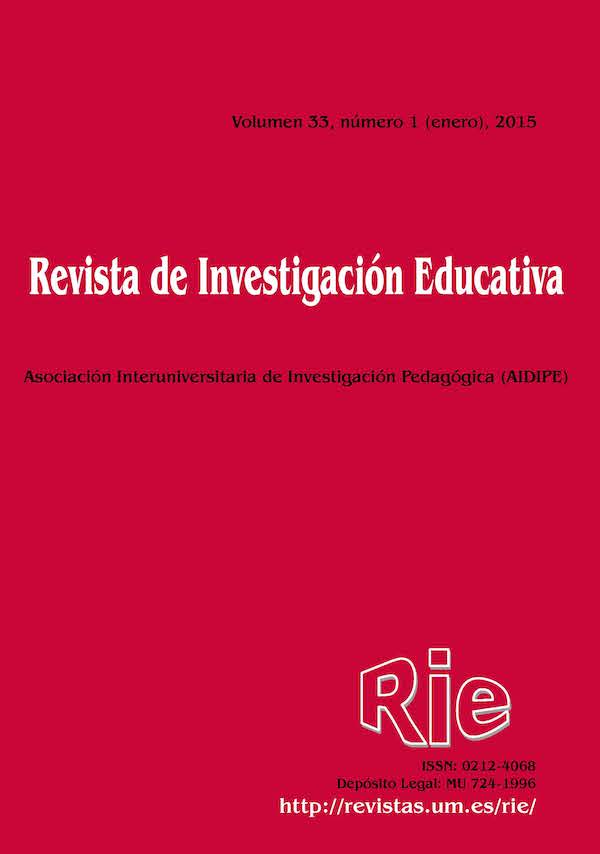Concepciones del profesorado universitario sobre la formación en el marco del espacio europeo de educación superior
Agencias de apoyo
- Ministerio de Educación y Ciencia en la convocatoria del Plan Nacional de Investigación Científica
- Desarrollo e Innovación Tecnológica
Resumen
El objetivo de la investigación ha sido descubrir las concepciones del profesorado universitario ante el Espacio Europeo de Educación Superior, desde el punto de vista Estructural, Profesional-Personal y Curricular, en función del campo de conocimiento, la facultad y la categoría profesional. Elaboramos un cuestionario, fruto de la revisión de la literatura, del cual calculamos su fiabilidad y validez. Aplicamos el análisis de varianza y confirmamos que no existen diferencias en las necesidades curriculares, sí en las necesidades estructurales en función de la facultad y el campo y también en las necesidades profesionales y personales en función del campo, de la facultad y la categoría profesional. En cuanto a las expectativas, no existen diferencias en las curriculares ni en las profesionales-personales, aunque sí en las estructurales.
Descargas
-
Resumen939
-
PDF531
Las obras que se publican en esta revista están sujetas a los siguientes términos:
1. El Servicio de Publicaciones de la Universidad de Murcia (la editorial) conserva los derechos patrimoniales (copyright) de las obras publicadas, y favorece y permite la reutilización de las mismas bajo la licencia de uso indicada en el punto 2.
2. Las obras se publican en la edición electrónica de la revista bajo una licencia Creative Commons Reconocimiento-NoComercial-SinObraDerivada 3.0 España (texto legal). Se pueden copiar, usar, difundir, transmitir y exponer públicamente, siempre que: i) se cite la autoría y la fuente original de su publicación (revista, editorial y URL de la obra); ii) no se usen para fines comerciales; iii) se mencione la existencia y especificaciones de esta licencia de uso.
3. Condiciones de auto-archivo. Se permite a los/as autores/as a difundir electrónicamente las versiones pre-print (versión antes de ser evaluada) y/o post-print (versión evaluada y aceptada para su publicación) de sus obras antes de su publicación, ya que favorece su circulación y difusión más temprana y con ello un posible aumento en su citación y alcance entre la comunidad académica.










